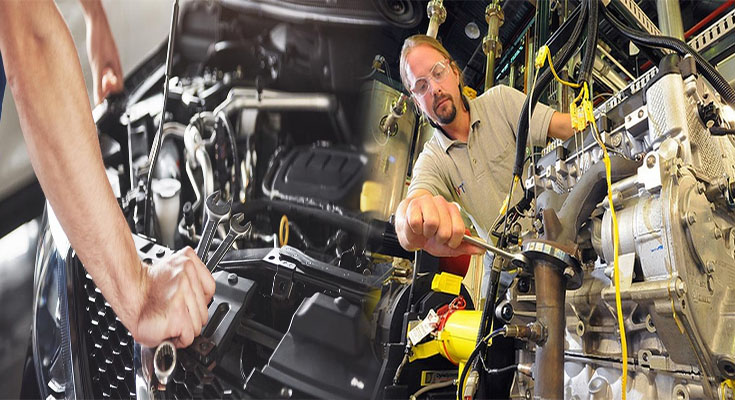Automotive engineering is a branch of engineering that integrates mechanical, electrical, and electronic elements into vehicles. It also includes safety and software aspects. If you are considering a career in automotive engineering, read on to learn about the requirements and education needed to get started. You can also explore various career options within this branch of engineering.
Job outlook for automotive engineers
A career in automotive engineering offers a variety of challenges. You will design vehicles, choose materials, create prototypes, and test them to ensure that they perform as intended. You will also have to consider safety standards and emission guidelines, and customer needs. Your job will require you to work within a budget and adhere to government regulations, so you’ll need to be flexible and adaptable.
Automotive engineers can find work in a wide range of locations across the country. Some companies have design and research centres in southern England, but you may also be required to travel to other factories and do outdoor fieldwork. You may even have the opportunity to travel overseas. While not necessary, postgraduate qualifications can help you land specialist roles. You can also work in the automotive industry while studying for your degree. The field is growing, and there are a number of career opportunities for graduates.
The automotive industry is a fast-paced field. Because of this, it’s vital that automotive engineers keep up with the latest trends and technologies. The automotive industry is transitioning away from fossil-based automobiles, and new clean technologies are emerging to replace them. But that doesn’t mean that there will be no demand for cars.
Education requirements
To work in the automotive industry, you will need a bachelor’s degree in an engineering field. Though some people begin with a degree in another field, the vast majority of engineers start with a degree in automotive engineering. Some universities offer specialized undergraduate programs for this particular field.
Internships are also available for students, but it can be difficult to get a place at a major automaker without a prior degree.
Students who want to work in the automotive industry must keep up with technological advances. To that end, students can pursue continuing education through various industry associations. For example, SAE International provides online training sessions for courses in design engineering, human factors, ergonomics, safety, and quality systems. Other organizations offer training in management and leadership.
Career options
Automotive engineers have a wide range of career options. They may choose to pursue a supervisory or senior position in the industry, move into a related field, such as environmental design, or teach at a college or university. They can also take on contract work that is less predictable and offers more variety than a permanent position.
Automotive engineers work on developing and testing various parts and systems for cars. They also develop new designs to improve the performance and efficiency of vehicles. Typically, they work with car manufacturers, component suppliers, and automobile brokers. Some work in an office environment, while others may work in a manufacturing facility. This field requires strong computer skills and confidence in speaking and presenting in front of people.
A bachelor’s degree is usually sufficient for entry-level roles, but you may have to complete a master’s or doctoral degree to qualify for a more senior position. A graduate degree can take two to three years to complete. Most automotive engineers work in the automotive industry in a factory environment.





